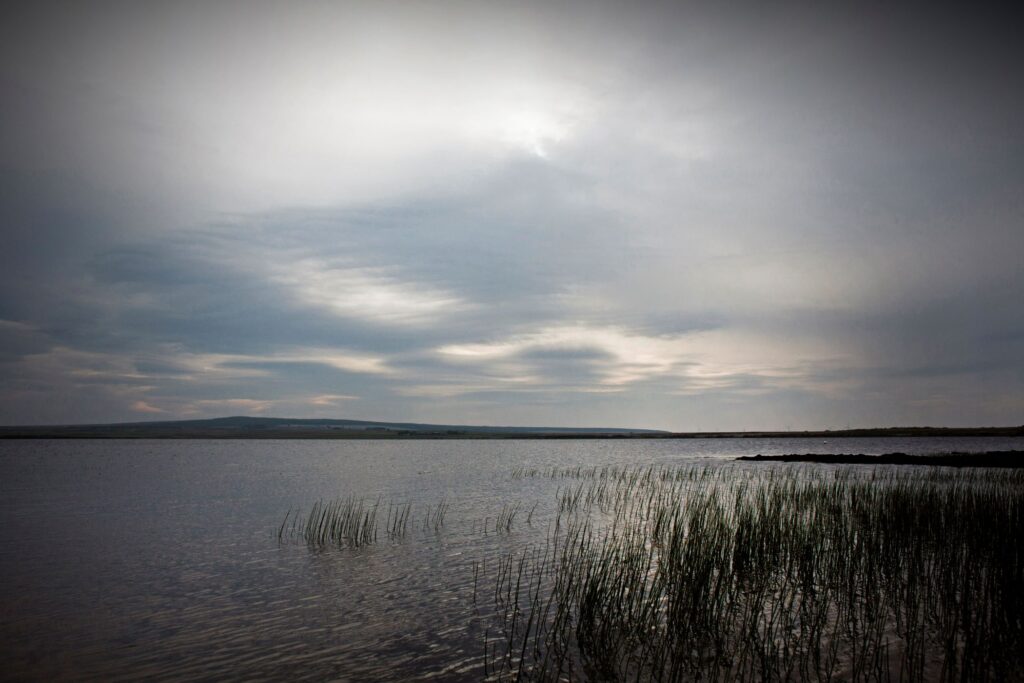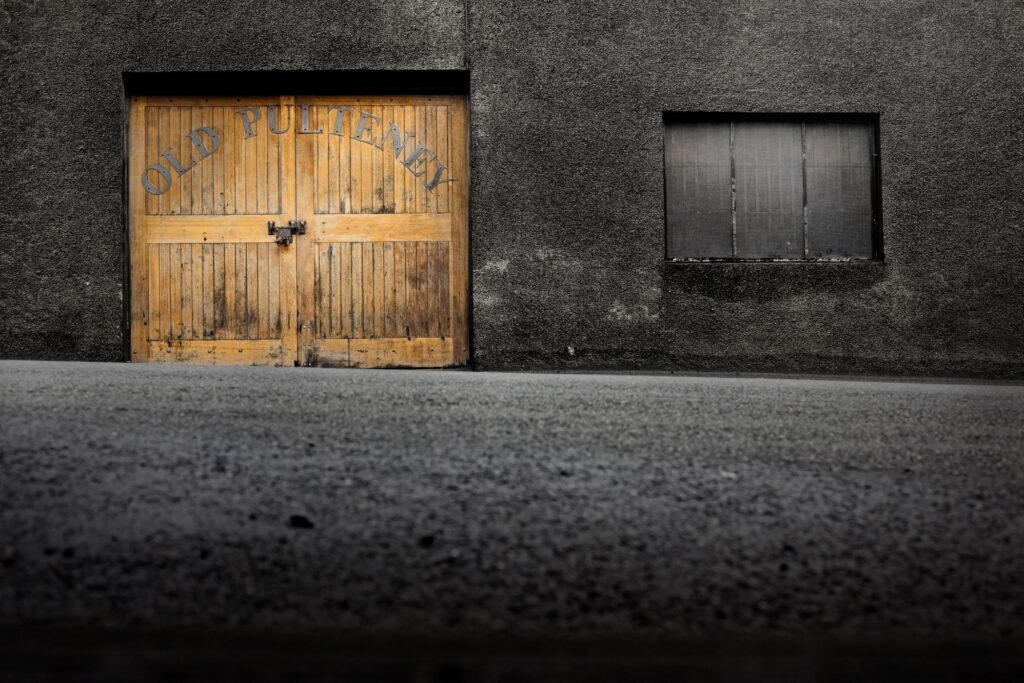Sustainability has been a trendy term in recent times. Younger LDA drinkers, in particular, care about the carbon footprint and overall environmental impacts made by the brands that they buy. To the credit of many companies, this has helped spur numerous eco-conscious improvements.
Some companies have been at it longer than others, however. Old Pulteney Distillery, in Scotland’s far north coastal town of Wick, has a history of sustainability and community assistance that dates back decades. This includes a “district heating scheme” in which the distillery helps produce hot water and electricity for the community. Hot water used for heating boilers heads out into the community, while other processes create electricity. The result is cheaper, easier power for Wick.
To discuss these green initiatives, we recently spoke with Malcolm Waring, Pulteney Distillery Manager.
Beverage Dynamics: Tell us about the sustainability efforts at Old Pulteney.
Malcolm Waring: It started twenty years ago. Our area was identified as a socially deprived area in Scotland. So we became part of an initiative to alleviate poverty through a district heating scheme.
These sort of systems are really popular in Scandinavia. A lot of people from Denmark came in to lay the pipes. The people behind it were looking for a heat sink, which the distillery is really good at.
This includes a renewable steam system. Twenty-five years ago we were using a mix of light and heavy oil to create steam. Now, 98% of our steam comes from a woodchip biomass. We take steam from that and we convert it to hot water for the community. And for every tree we use, we plant a new one.
It’s a win-win-win-win-win. I genuinely believe that the distillery runs better on biomass fuel than on oil. And the bottom line is, it’s more efficient and cheaper for us.
The district heating scheme has since grown. More than 200 houses are on it. We’ve been able to take all those people out of fuel poverty. We also help heat a hospital, a community building and a shelter accommodation for old people.
There’s talk about growing that system even more. In addition to public heating, private accounts are allowed on it too. They pay for it.

BD: What kind of impact has this had on the local community?
MW: It’s not something you can easily quantify or even notice. But obviously it’s beneficial. It’s put money in people’s pockets, and bread and butter on their table, that otherwise they might not be able to have.
BD: During a recent Old Pulteney tasting in Manhattan you mentioned a closed loop water system.
MW: I’m looking to put that in next year. We’ve had a drought in our county the last couple of years. We’ve lost 13 weeks of production because of the drought. To combat against that, I’m thinking of putting in a closed loop water system.
We would recycle water: we would cool it and reuses it during the hot summer season.

BD: Why is sustainability so important for the industry?
MW: The way things are going in this industry — how in terms of efficiency and sustainability, everything we do is driven by the environment we’re in — if we’re not looking at that, then there’s not going to be a distillery in the years to come.
We’re all looking at that now. We have to. We’re making spirits from the environment and returning everything back that we can. We use local ingredients. Our spent product goes back into the plant, producing gas for the engine that turns our turbine for electricity. Sludge waste can be used on the land. Everything that we’re using from the land goes back to it. We just take a part out of it.
This interview was edited and condensed for publication.
Kyle Swartz is editor of Beverage Dynamics. Reach him at kswartz@epgmediallc.com. Read his recent piece, Vodka Trends in 2023.










